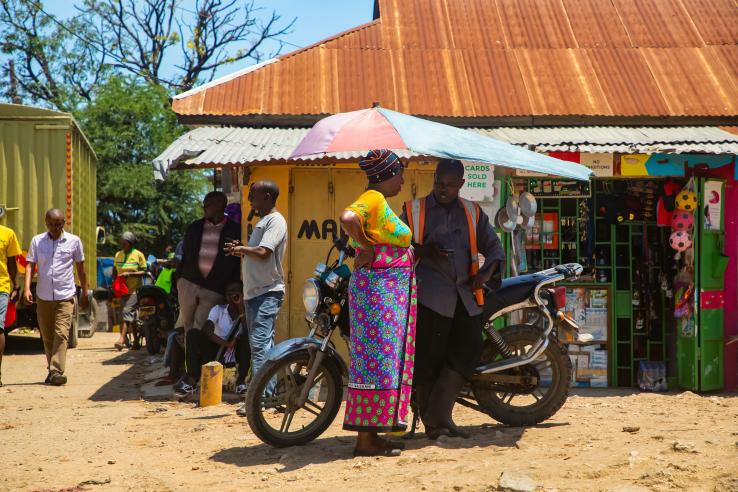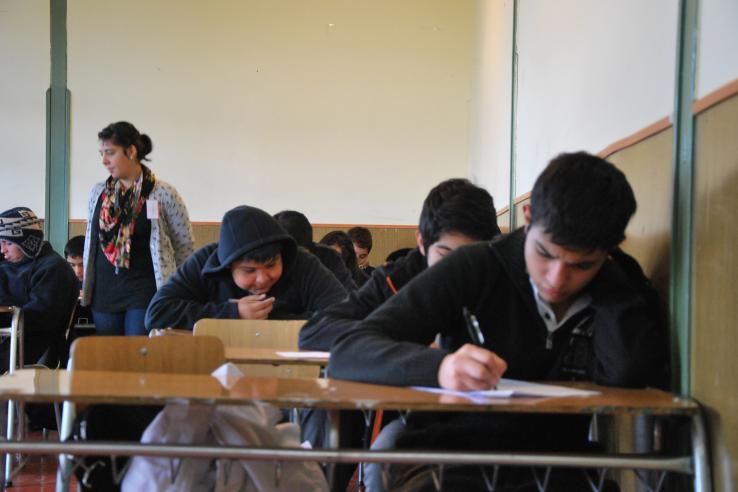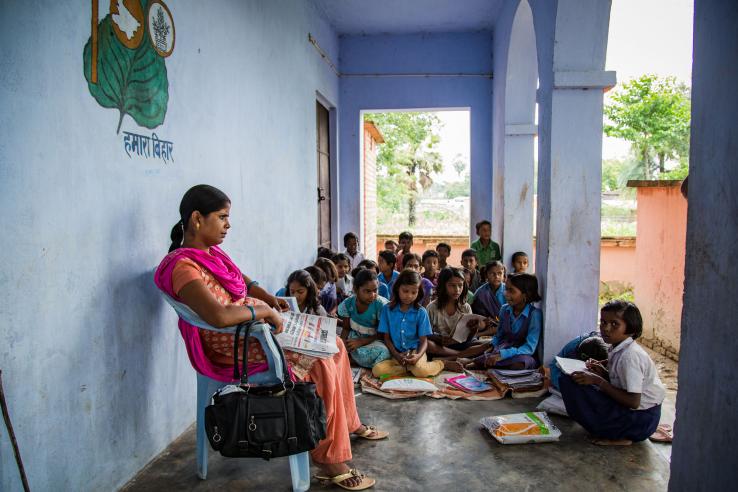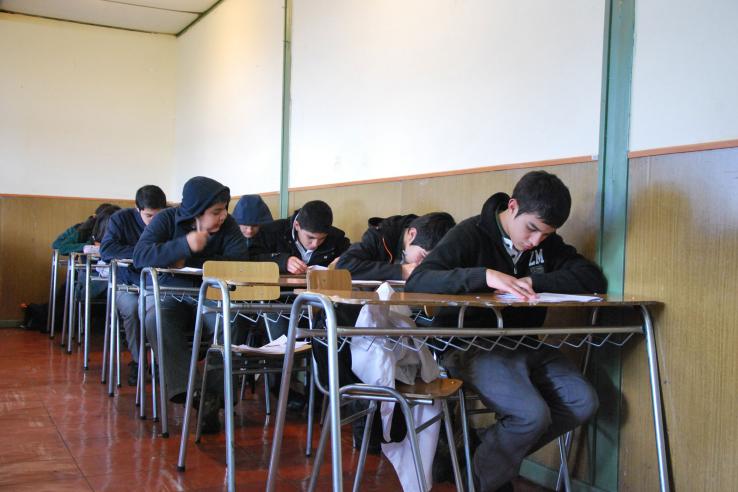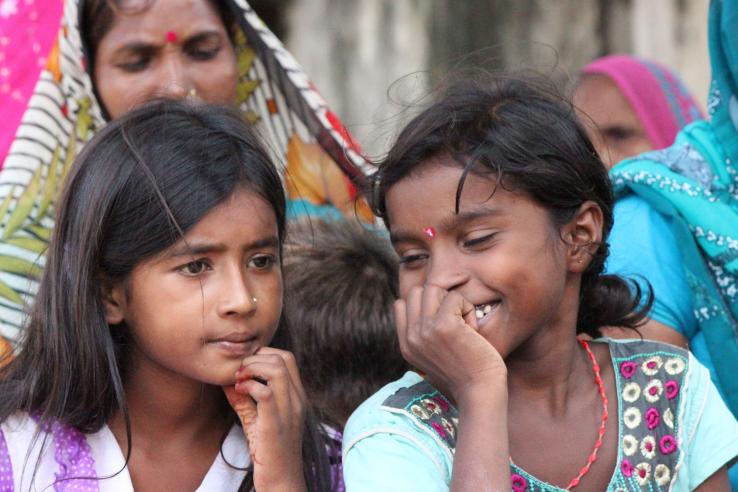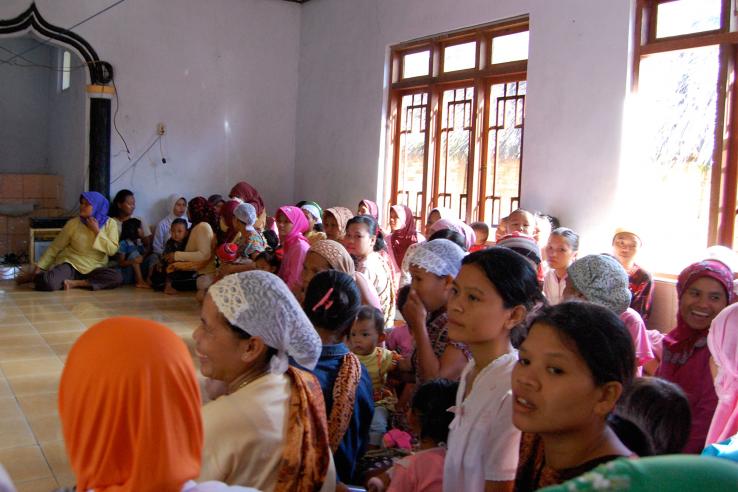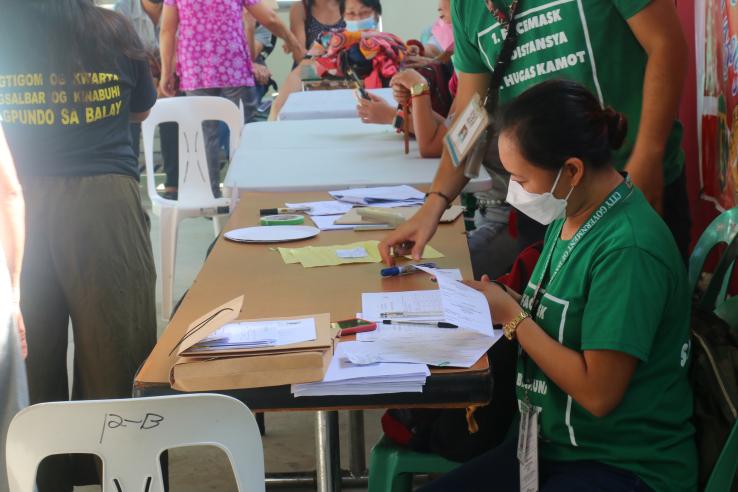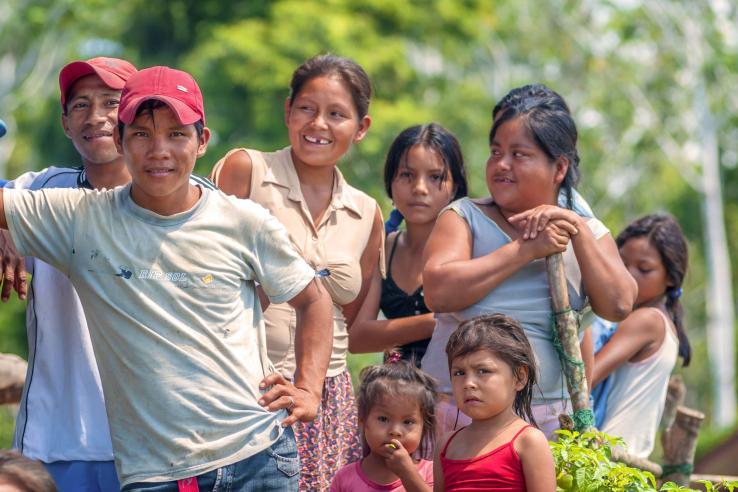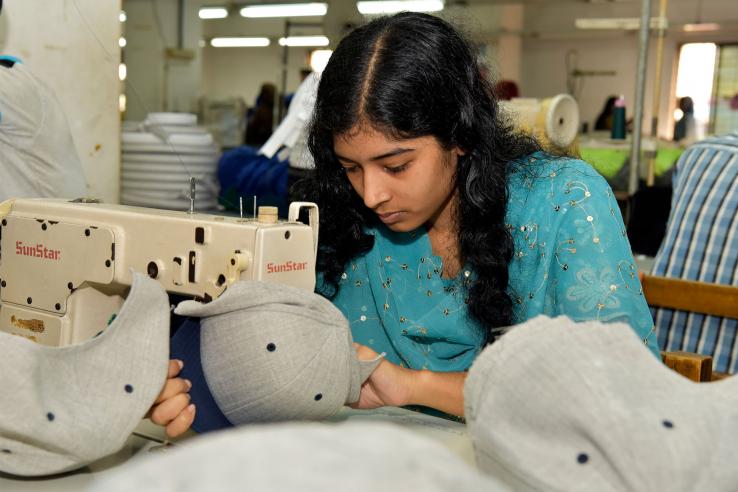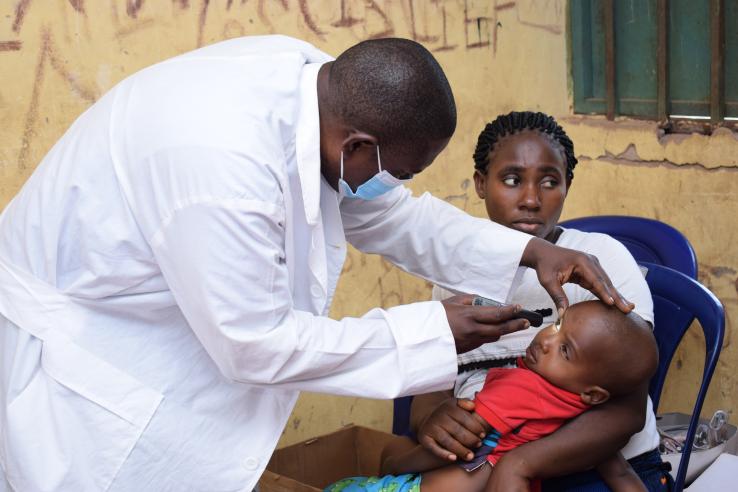Displaying 511 - 525 of 1291
Evaluation
Researchers in Kenya conducted multiple lab studies at the Busara Center for Behavioral Economics to explore the degree of ethnic bias in the local population and assess how bias may affect participants’ behavior. Contrary to existing assumptions about ethnic preferences in Kenya, researchers found no evidence of ethnic bias in decision-making related to sharing of economic benefits and political alignment.
Evaluation
Researchers examined whether intra-household risk-sharing mechanisms such as financial transfers between spouses operate efficiently in Western and Nyanza Provinces of Kenya and found that intra-household insurance to protect against economic shocks was inefficient among daily income earners.
Evaluation
Researchers tested the effects of providing low-income students in urban Chile with information about financial aid for higher education on their educational attainment and their likelihood of progressing to higher education. A video informing students about financing higher education increased enrollment in college preparatory schools and increased school attendance, particularly among medium- and high-performing students, but had no effect on grades.
Evaluation
Researchers evaluated the impact of hiring extra contract teachers in primary schools in India on student learning. Results show that students in schools with an extra contract teacher performed significantly better than those in comparison schools in both math and language areas. Evidence also suggests that contract teachers in this context faced stronger incentives to perform well than regular teachers.
Evaluation
Researchers evaluated the long-run effects of temporary contact between individuals from different regions during military service on interregional attitudes and national identity sentiments among former Spanish male conscripts. Overall, conscription outside of one’s region of origin led to positive and long-lasting effects on interregional sentiments, and increased the sense of national identity among conscripts from regions with strong secessionists movements.
Evaluation
Researchers conducted a randomized evaluation to test the impact of providing information to students on enrollment at different quality schools. Students who were provided information applied to and enrolled in different types of schools. However, overall a greater number of students did not enroll in school despite receiving information.
Evaluation
In India, researchers evaluated the impact of interactive classroom discussions about gender roles and gender discrimination on adolescents’ gender attitudes, aspirations, and behaviors. The program impacted participants’ attitudes and made them more supportive of gender equality. These short-run effects were still present two years after the program had ended.
Evaluation
Researchers conducted a randomized evaluation to test the impact of providing information about the quality of migration agencies to potential migrants on migration choices and welfare. Information reduced the rate of migration in the short term, which lowered workers’ use of low-quality agencies, but did not change their intentions to migrate in the future or beliefs about the returns to migration. Those who did migrate received better pre-departure training and reported higher-quality job experiences abroad.
Evaluation
Community-based approaches to development, also called community-driven development (CDD), seek to empower local communities to identify and implement the projects they most need. Researchers evaluated the impact of a national community-driven development program in the Philippines on governance, social capital, and socio-economic welfare.
Evaluation
Researchers are partnering with the government to provide training to local leaders geared towards shifting attitudes regarding gender and gender-based violence and increasing skills to detect and prevent its incidence. They will evaluate the impact of this training on the incidence of gender-based violence and on women’s physical and mental health.
Evaluation
By comparing the impacts of soft skills training, a combination of soft and hard skills training, and no training, researchers seek to determine whether soft skills training alone is an effective and efficient way to increase the numbers of promotions offered to women and prepare women to be strong supervisors.
Evaluation
Researchers evaluated whether offering men in Saudi Arabia simple information on other men’s perceptions of female labor force participation impacts their willingness to let their wives join the labor force. Wives of men who received this information were significantly more likely to have applied and interviewed for a job outside of the home.
Evaluation
Researchers conducted a randomized evaluation of the Illinois Home Weatherization Assistance Program (IHWAP), which aims to improve energy efficiency in low-income households. The study tested the impact of performance-based pay for contractors implementing air sealing retrofits as part of IHWAP. Contractors were randomly assigned to receive either no bonus, a low bonus (US$0.40), or a high bonus (US$1.00) per unit of air sealing beyond the target. The introduction of performance bonuses led to increased air-tightness in homes, reduced the likelihood of contractors being called back due to deficiencies, and resulted in overall reductions in household energy use.
Evaluation
Working with the Ministry of Health and Sanitation in Sierra Leone, researchers evaluated the impact of incentivizing community health workers (CHWs), their supervisors, or both on health care provision. Sharing the incentive between CHWs and their supervisors resulted in more health care visits than providing the incentive just to one group or the other; only the shared incentive improved overall health care provision and outcomes.
Evaluation
Researchers compared the effects of face-to-face and virtual peer interaction on the submission and quality of business proposals by individuals from 49 African countries enrolled in an online entrepreneurship course. They found that face-to-face networks and the virtual interaction of groups of entrepreneurs of the same nationality increased the submission of business proposals to a funding competition, but that virtual interaction had no effect when groups were formed with entrepreneurs of different nationalities. Virtual interaction among entrepreneurs of the same nationality was also found to increase the quality of submitted business proposals.
